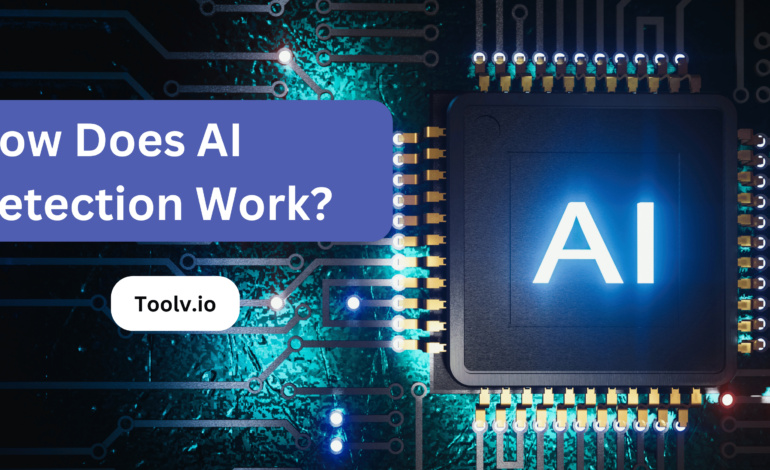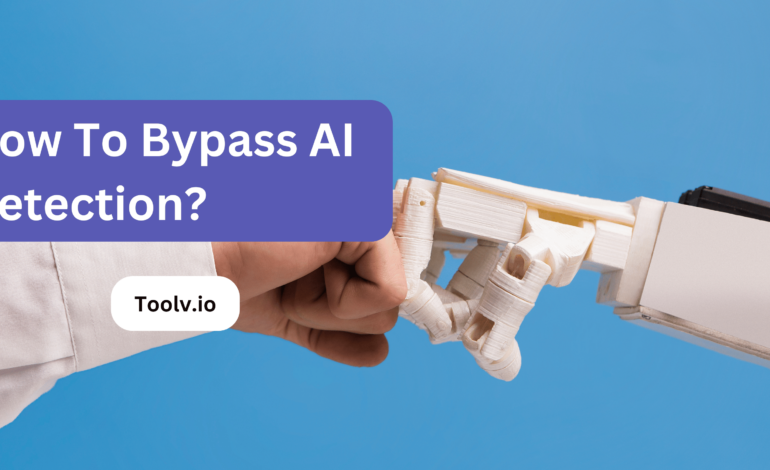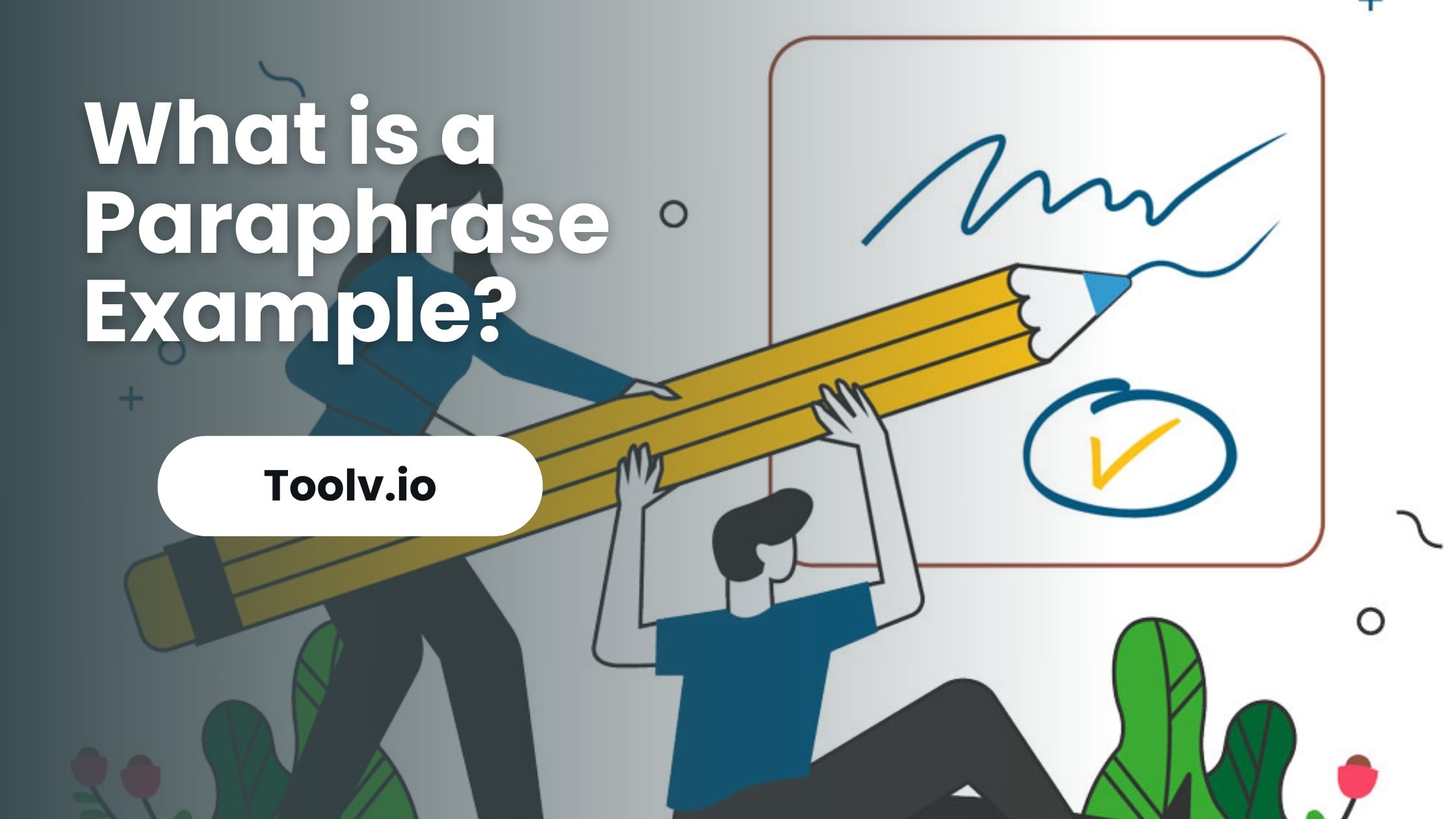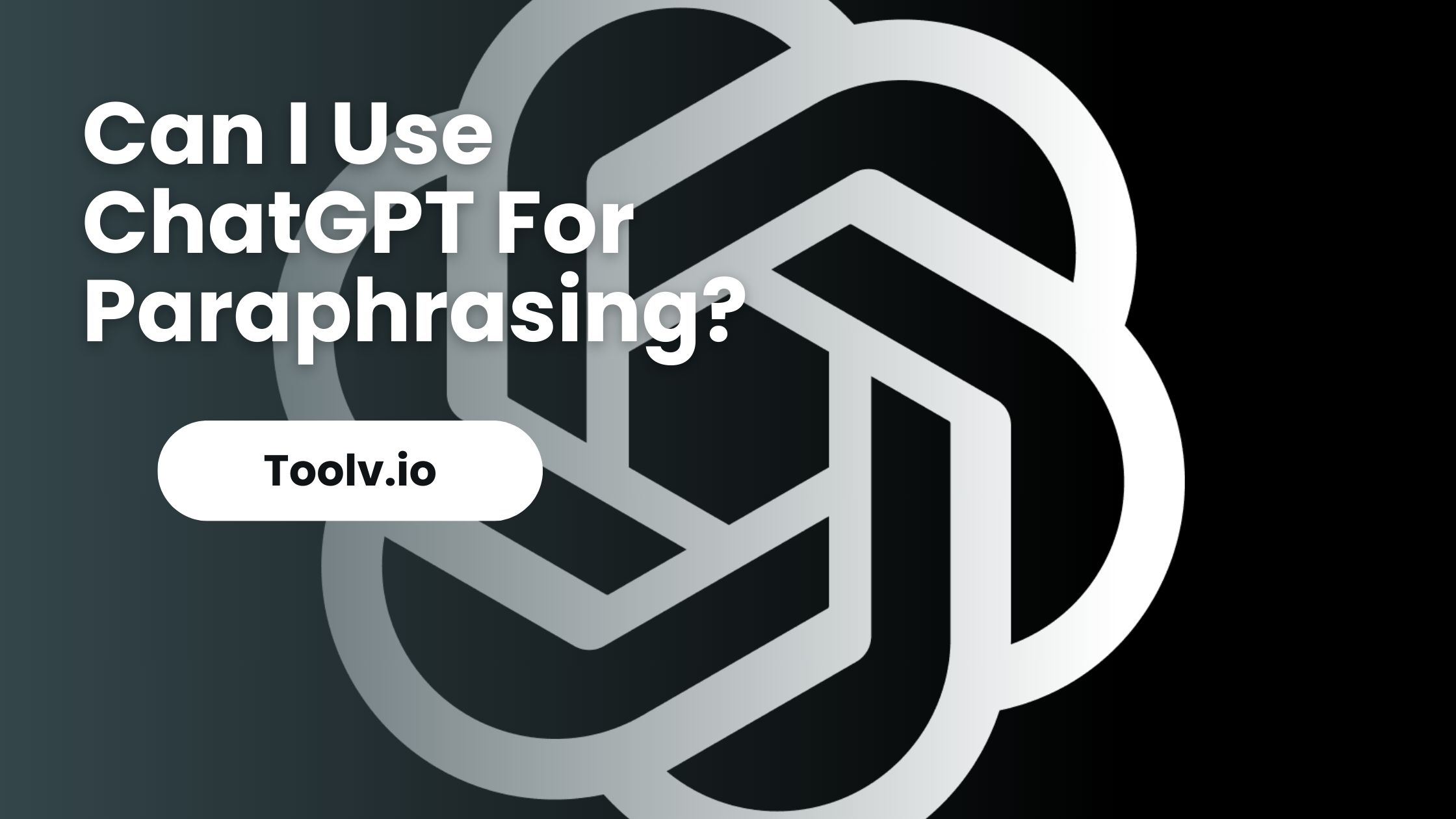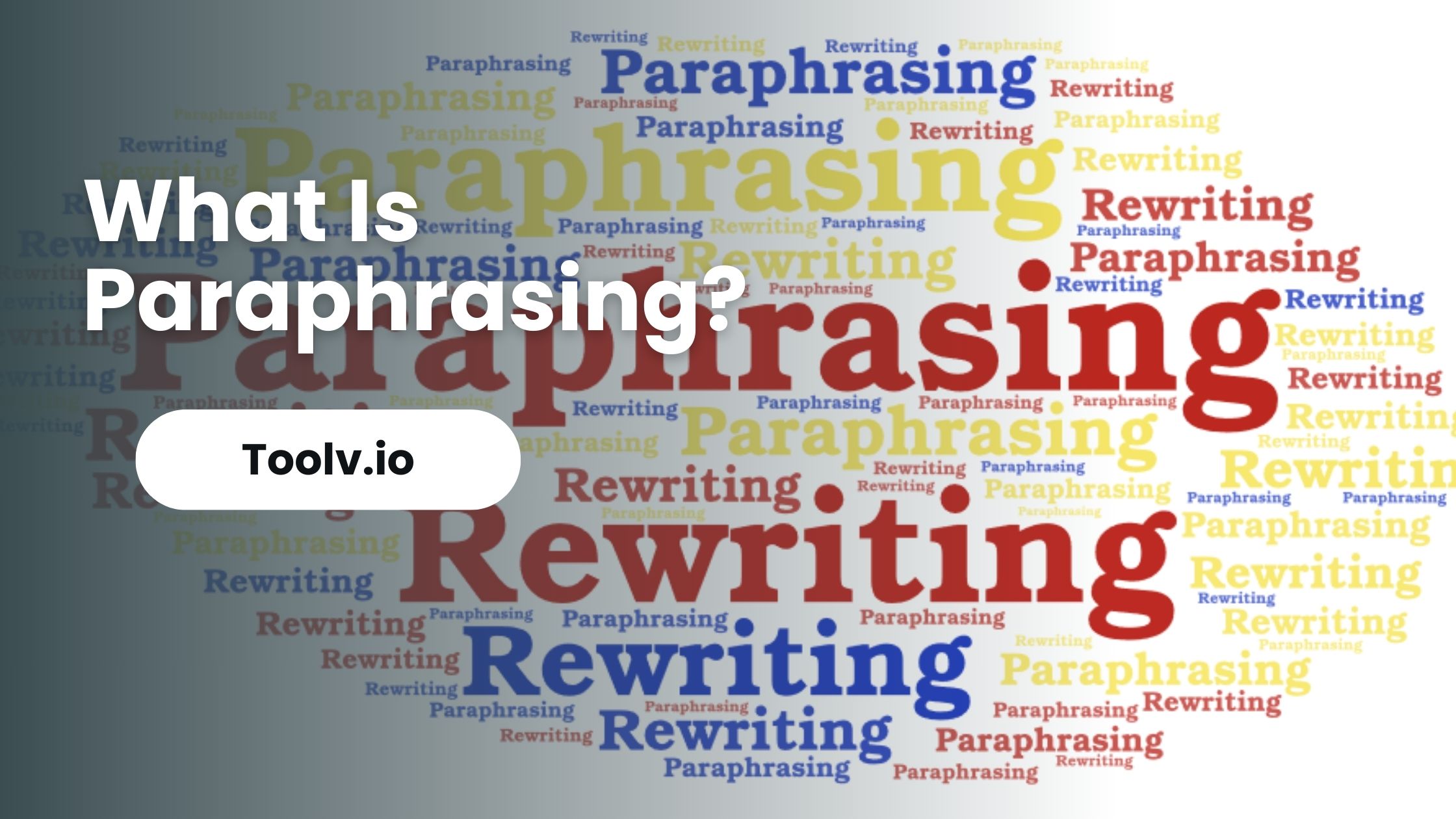Can Google Detect AI Content?

Can Google detect AI content? This is a question many content creators and SEO experts are asking. With the rise of AI-generated content, it’s important to know how search engines like Google view and handle such material.
In this article, we will discuss how Google approaches AI-generated content. We’ll look into the methods and tools Google might use to identify content created by AI and what this means for the future of SEO and digital content creation.
How Google Views AI-Generated Content
Google knows that AI can create content. They want to make sure this content is helpful and good for people. Google likes content that answers questions and is written well.
AI content is okay if it helps and is made with care. Google checks if the information is true and useful. If AI helps to make good content, Google is fine with it.
So, it’s important to focus on quality. Content should give new information and be easy to understand. Google will like this, whether a person or AI makes it.
Can Google Detect AI-Generated Content?
Google is getting smart at finding out if content is made by AI. They use complex tools to check if writing sounds natural or not. It’s like they can sense if a person wrote it or a machine did.
But it’s not perfect. Sometimes AI writes so well, it seems like a human did it. Google keeps updating its methods to get better at this. It’s like a game where both sides keep getting smarter.
So, while Google can guess if content is AI-made, it’s not always right. It’s important for writers to make their content sound real and honest. That helps Google understand it better.
Consequences of Posting AI Content
Posting AI-generated content comes with its own set of challenges and consequences. First off, if you’re using it on your website, it might affect your ranking on search engines like Google. They prefer unique and valuable content.
If they catch on that your content is AI-generated, they might rank your site lower. This means fewer people will find your site when they search for something.
Another point is about trust. Readers want content that feels personal and genuine. If they find out your content is from AI, they might not trust your site as much. They might think you’re not putting in the effort to understand and help them.
Lastly, if you’re not careful, AI-generated content can be repetitive or off-topic. This can turn readers off. They might leave your site and not come back. It’s all about keeping your audience engaged and giving them what they need.
How to Use AI Content Safely
- Be transparent about using AI tools. Make it clear when content is AI-generated rather than created solely by a human. This builds trust with your audience.
- Review and edit any AI content before publishing. AI can sometimes generate text with inaccurate information, biased perspectives or problematic language. Having a human closely review is important.
- Use AI thoughtfully and ethically. Avoid generating harmful, dangerous or illegal content. Be cautious about impersonating real people without consent. Consider the broader impacts and unintended consequences.
- Abide by copyright laws and cite sources appropriately. AI models are trained on vast datasets, so any generated content likely derives from and remixes existing works. Make sure to follow plagiarism rules.
- Monitor for model limitations and flaws. Many models have embedded societal biases and limitations in their training data that lead to problematic outputs. Pay close attention and don’t over rely on models.
- Balance automation with human creativity. AI is a tool that works best alongside humans applying judgment, empathy and creative abilities machines don’t have. Find ways to maximize strengths of both.
The key is being a responsible, ethical and mindful user of AI. Consider its limitations, provide oversight before publishing anything, and focus on using it to augment human abilities rather than replace them. With care and caution, AI content can be immensely powerful.
Future of AI Content and Google’s Detection
The future of AI content and Google’s detection methods is like a game of cat and mouse, always evolving. AI is getting better at writing stuff that sounds more human. It’s learning to be more creative and accurate.
At the same time, Google and other search engines are also getting smarter. They’re not just looking for keywords anymore. They’re trying to understand content like a human would. They want to know if content is helpful, well-written, and original.
In the future, the focus might shift from who wrote the content to how valuable it is. If your content, AI-generated or not, is useful, interesting, and truthful, it might stand a better chance in the eyes of search engines and readers.
The key could be in blending AI’s efficiency with human creativity and insight, making content that’s the best of both worlds.
FAQs
Can Google Detect AI-Generated Content?
Google is getting better at identifying AI-generated content, but it’s not foolproof. It uses algorithms to spot unusual patterns in text, like repetitive phrases. However, some AI-generated text can still slip through the cracks.
Why Does Google Want to Detect AI Content?
Google wants to ensure that the content it shows in search results is genuine and valuable. Detecting AI-generated content helps maintain the quality of search results and prevents the spread of fake or spammy information.
How Can I Avoid Google Detecting My AI-Generated Content?
If you want to avoid detection, it’s essential to create content that’s well-written, informative, and adds value to users. Avoid using AI to generate content solely for SEO, as this can raise red flags.
What Are the Consequences of Google Detecting AI Content?
If Google detects AI-generated content on your website, it may lower your search rankings or even remove your site from search results. This can harm your online visibility and traffic, so it’s best to create high-quality, original content.
Conclusion
Google has ways to spot AI-generated content, focusing on quality and relevance. Websites need unique, helpful information for good rankings.
The Toolv.io paraphrasing tool helps rewrite content, but it’s essential to ensure the final text is natural and valuable to readers. Relying too much on tools might not fool Google’s advanced algorithms.

